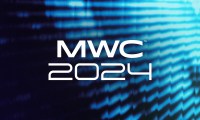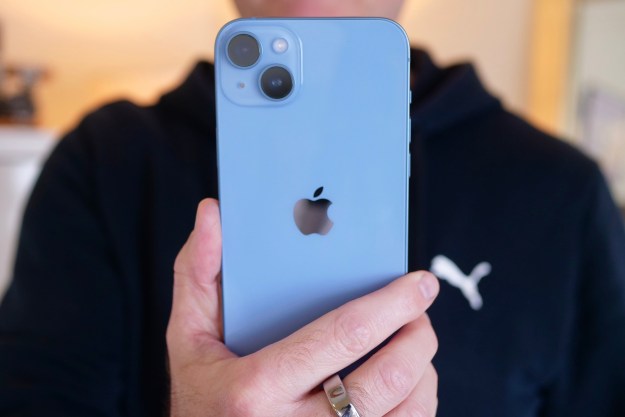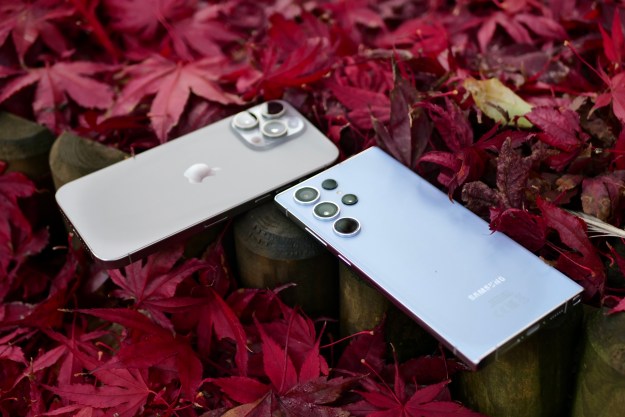
Speaking to Mobile World Live, Myerson was asked what set Windows Phone apart from the other smartphone operating systems available, to which he responded initially by towing the corporate line about Live Tiles and how Windows Phone can connect with other Microsoft products. But then he remembered how easy Windows Phone was to use, going on to say, “Android is pretty much a confusing mess, and if you’re looking for something more intuitive, Windows is there for you. Um, and the iPhone is kinda boring now.”
This aside, Myerson did his utmost to avoid the interviewer’s questions, choosing not to comment on the emergence of a new series of smartphone operating systems at the show, and brushing aside the notion Windows Phone 8 was competing with BlackBerry for third position in the global smartphone market. Instead, he highlighted how Microsoft wants to win back customers with, “Amazing products,” which share a, “high quality experience,” across phones, tablets and PCs. Myerson couldn’t resist another poke at Android before the interview ended though, saying Windows Phone could offer high quality mobile products at the, “Very lowest price points, unlike some of the low quality Android alternatives.”
The trouble is, for a confused mess and something boring, Google and Apple are doing a good job of controlling the smartphone market. The most recent ComScore figures related to the U.S. show Google out in front with 52.3 percent market share, and Apple in second with 37.8 percent. As for Microsoft not fighting with BlackBerry, the figures say otherwise, as the firm-formerly-known-as-RIM is in third with 5.9 percent of the market, while Microsoft has 3.1 percent in fourth. Microsoft needs more than fighting talk if it’s going to be troubling second place (or potentially even third, once BlackBerry 10 launches in the U.S.) anytime soon.
On the positive side, it was claimed Windows Phone is outselling the iPhone in seven markets, and BlackBerry in 26, although which markets wasn’t specified. In mid-2012, Windows Phone 7 outsold the iPhone in China for a while, although it was pointed out the iPhone wasn’t compatible with China Mobile’s 3G network at that time, so the figures may have been skewed. Terry Myerson heads up the Windows Phone development, engineering and marketing teams, and took over from Andy Lees back in 2011.
Editors' Recommendations
- How to find your lost phone (tips for iPhone and Android)
- There’s a big problem with the iPhone’s Photos app
- Best iPhone 15 deals: How to get Apple’s latest iPhone for free
- I’ve had the iPhone 15 Pro for six months. Here’s why it’s still amazing
- 10 reasons you should buy an iPhone in 2024





